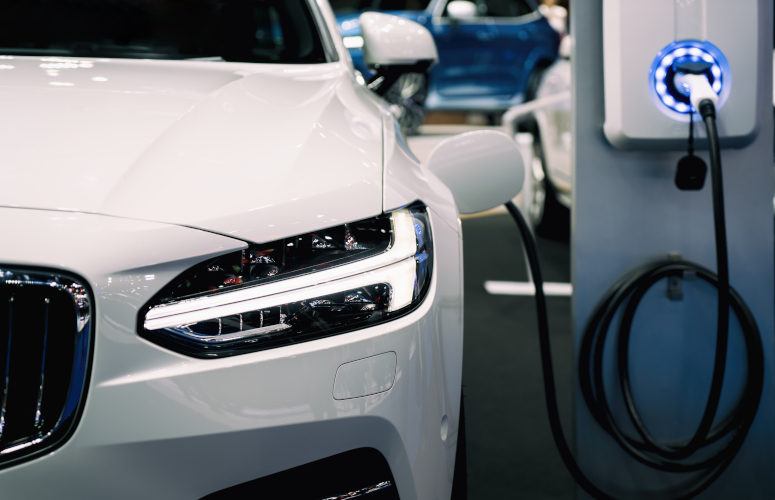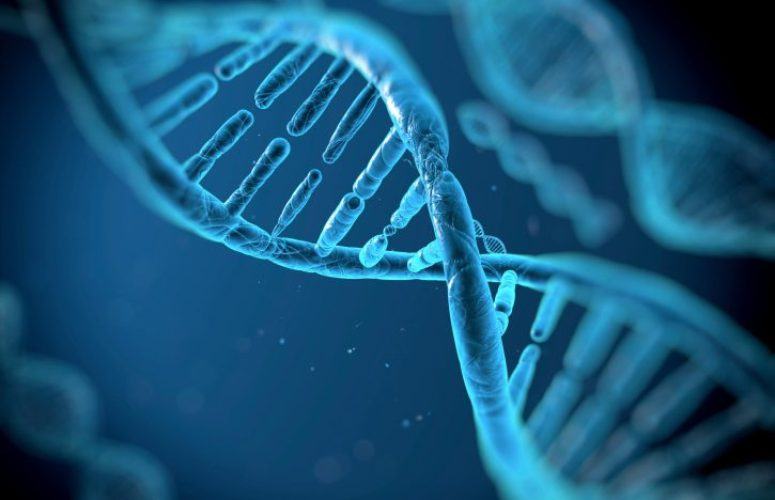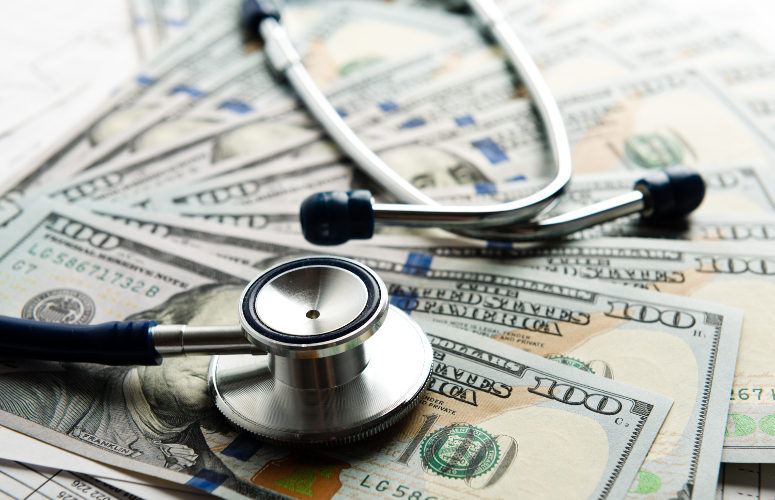
NJBPU Launches Grant Program for Electric Vehicle Charging
On Oct 1, 2021During Drive Electric Week, the New Jersey Board of Public Utilities (NJBPU) launched a new program to encourage electric vehicle (EV) charging locations at tourism destinations across the state.
This program will not only help establish New Jersey as a leader in EV policy, but as an EV destination for travelers throughout the Northeast. As part of the Murphy Administration’s effort to promote EV adoption, this program aims to unlock the best New Jersey has to offer for EV drivers who want to shop, dine, and explore in the Garden State. Locations ranging from boardwalks, parks, and other unique attractions, as well as overnight lodging establishments will have the opportunity to apply for up to six Level-Two chargers [1] and two DC Fast Chargers [2] through the program.
“As we recover from the pandemic, this initiative will help EV drivers discover some of New Jersey’s most iconic destinations by giving tourists a place to plug in and unwind as we prepare for the EV revolution happening across the country,” said NJBPU President Joseph L. Fiordaliso. “By supporting EV tourism and public charging, we can strengthen local businesses and reduce ‘range anxiety’ to help drivers feel more comfortable getting from A to B in an EV – whether it’s Carteret to Cape May, or Sussex to Salem. Electrifying transportation will help us reduce harmful emissions as we strive toward Governor Murphy’s goal of 100% clean energy by 2050.”
New Jersey’s transportation sector is responsible for over 40 percent of the state’s greenhouse gas emissions and contributing to global climate change. Under Governor Murphy’s leadership, NJBPU has taken significant action to electrify transportation and build out the necessary charging infrastructure to meet growing demand, including incentivizing over 9,000 EVs in the last 2 years through NJBPU’s Charge Up New Jersey program. The EV Tourism initiative is another step toward the goals of the EV Act, which include the installation of 1,000 Level-Two chargers and 400 DC Fast Chargers for public use by Dec. 31, 2025, as well as a target to register 330,000 EVs by the same date.
The EV Tourism program not only contributes to that effort, but it also aims to boost local tourism and strengthen small business as New Jersey’s economy recovers from the COVID-19 pandemic. In developing the program, NJBPU Staff will coordinate with the Division of Travel and Tourism to identify eligible sites and promote the state’s tourism areas as EV destinations.
“This new program will have a significant impact on tourism, making the state’s iconic destinations even more accessible to visitors, while also helping to protect our environment,” said Jeffrey Vasser, executive director of the Division of Travel and Tourism. “Considering many of New Jersey’s tourists arrive by car, making more charging stations available in convenient tourism locations will offer EV drivers peace of mind and encourage them to visit more attractions and local businesses when traveling in the Garden State.”
The initiative follows the release of a statewide model municipal ordinance that streamlines the local approval process for installing charging infrastructure, and comes during National Drive Electric Week, occurring Sept. 25 through Oct. 3. Year Two of NJBPU’s Charge Up New Jersey Program, which has provided residents with incentives for nearly 4,000 new EVs, was paused on Sept. 15 after expending funds ahead of schedule. The popular program will be re-evaluated with the goal of reopening the incentive with additional funding prior to the next fiscal year.
The EV Tourism Application can be found here. More information about New Jersey’s EV incentive programs can be found at www.njcleanenergy.com/ev.
[1] Per the EV Act, a Level Two charger provides a plug-in electric vehicle with single phase alternating current electrical power at 208-240V AC, through a standardized plug connector that complies with SAE J1772 standards, or an equivalent wireless power transfer interface, or equivalent standards for 208-240V AC charging as may be adopted in the future and accepted by the Board, and which is approved for installation for this purpose under the National Electric Code through Underwriters Laboratories Certification or an equivalent certifying organization.
[1] A DC Fast Charger provides at least 50 kilowatts of direct current electrical power for charging a plug-in electric vehicle through a connector based on fast charging equipment standards, and which is approved for installation for that purpose under the National Electric Code through an Underwriters Laboratories Certification or an equivalent certifying organization.
To access more business news, visit NJB News Now.
Related Articles:





